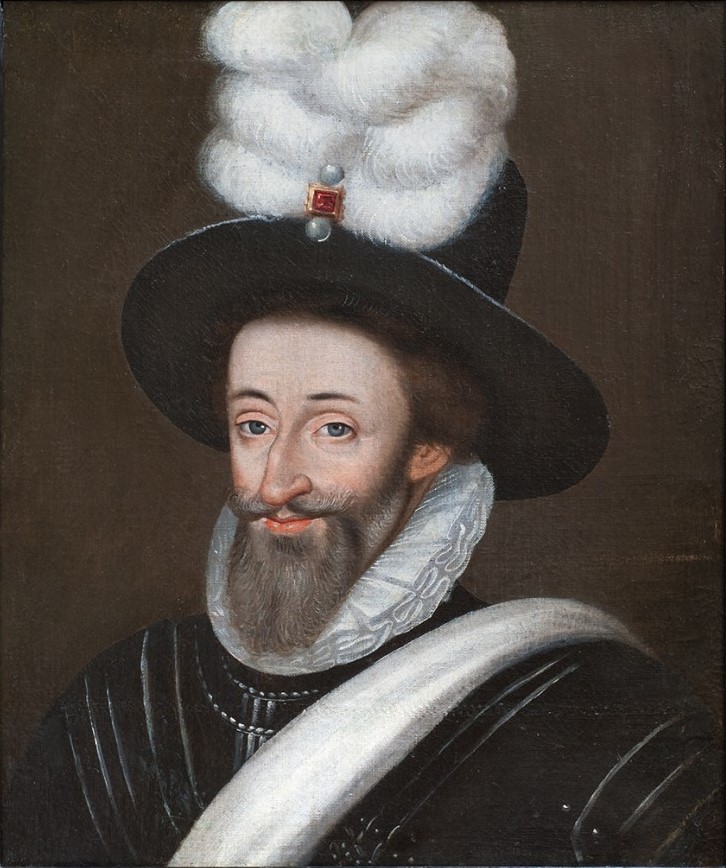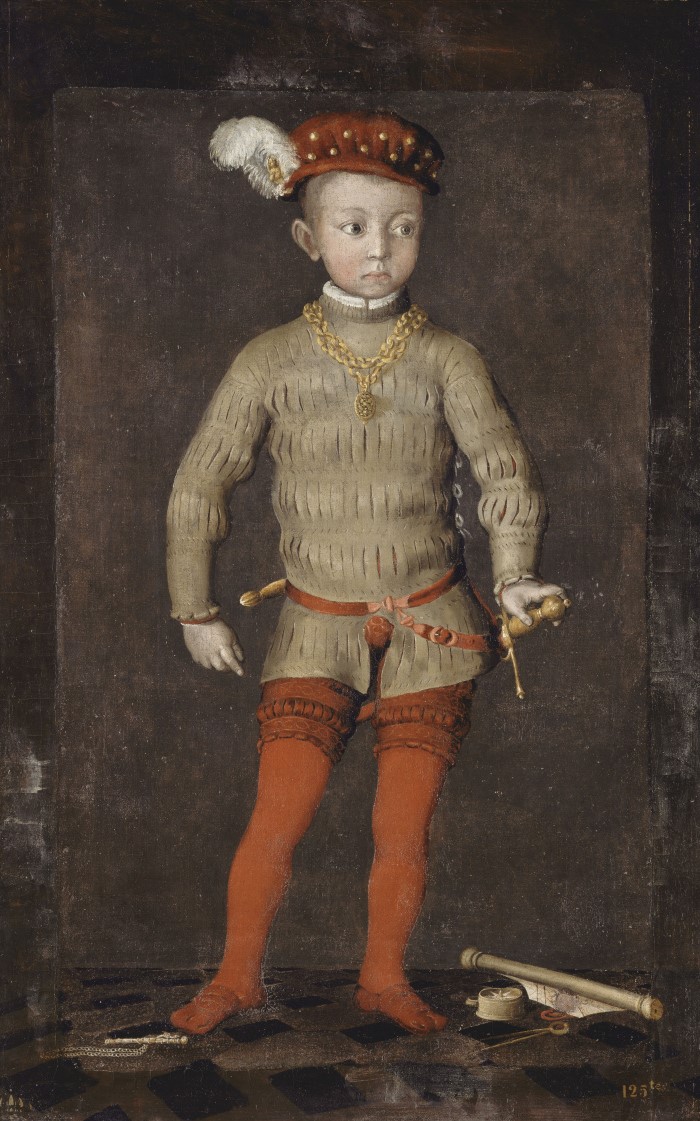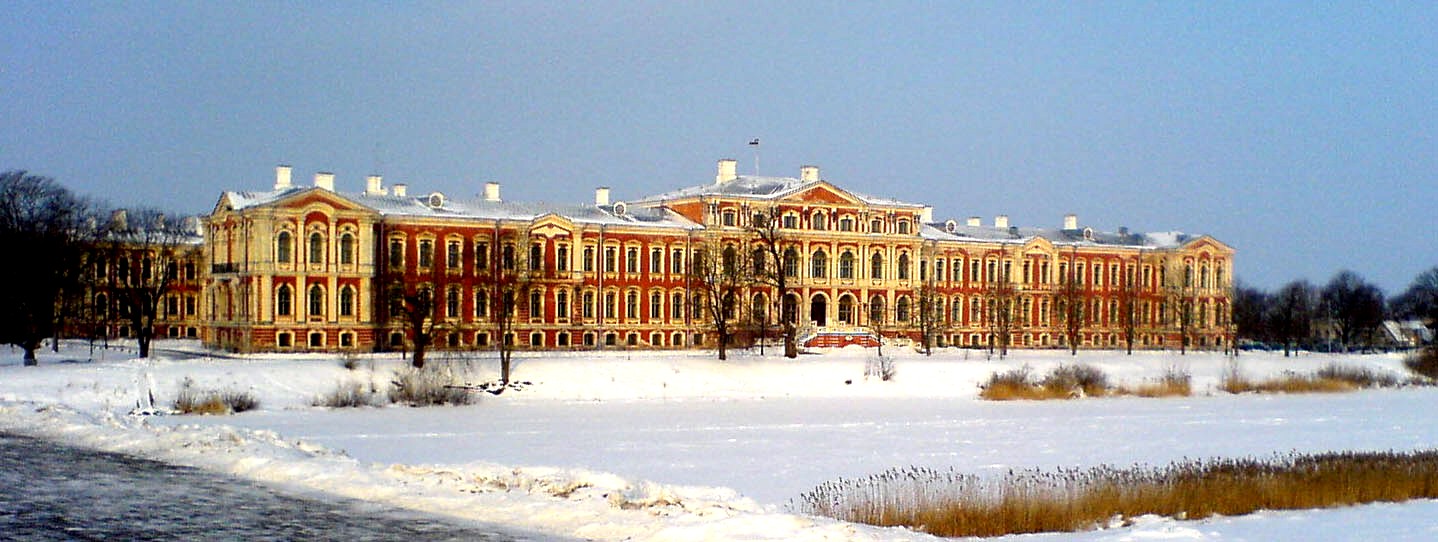|
Henri IV's White Plume
Henri IV's white plume, emblem of Henry IV of France, King Henri IV of France, was originally a large bouquet of white feathers worn on Henri IV's helmet during the battle of Ivry on March 14, 1590, during the French Wars of Religion, Wars of Religion. The plume, mentioned in the first accounts written just after the battle, served as a rallying point for the royal army on the battlefield. It was also a symbol that brought together Catholic supporters of Henri IV and Huguenots, and then, after Henri IV's conversion, all Frenchmen. In the first half of the 17th century, Agrippa d'Aubigné coined the phrase "Ralliez-vous à mon panache blanc" ("Rally to my white plume"), which Hardouin de Péréfixe and Voltaire later added to in the highly successful La Henriade. The white plume gradually became a specific attribute of Henri IV, the main elements of his legend having been established. In the 19th century, the white plume became a royalist and legitimist emblem. During the Restorati ... [...More Info...] [...Related Items...] OR: [Wikipedia] [Google] [Baidu] |
Henry IV Of France
Henry IV (; 13 December 1553 – 14 May 1610), also known by the epithets Good King Henry (''le Bon Roi Henri'') or Henry the Great (''Henri le Grand''), was King of Navarre (as Henry III) from 1572 and King of France from 1589 to 1610. He was the first monarch of France from the House of Bourbon, a cadet branch of the Capetian dynasty. He pragmatically balanced the interests of the Catholic and Protestant parties in France, as well as among the European states. He was assassinated in Paris in 1610 by a Catholic zealot, and was succeeded by his son Louis XIII. Henry was baptised a Catholic but raised as a Huguenot in the Protestant faith by his mother, Queen Jeanne III of Navarre. He inherited the throne of Navarre in 1572 on his mother's death. As a Huguenot, Henry was involved in the French Wars of Religion, barely escaping assassination in the St. Bartholomew's Day massacre. He later led Protestant forces against the French royal army. Henry inherited the thro ... [...More Info...] [...Related Items...] OR: [Wikipedia] [Google] [Baidu] |
French Wars Of Religion
The French Wars of Religion were a series of civil wars between French Catholic Church, Catholics and Protestantism, Protestants (called Huguenots) from 1562 to 1598. Between two and four million people died from violence, famine or disease directly caused by the conflict, and it severely damaged the power of the French monarchy. One of its most notorious episodes was the St. Bartholomew's Day massacre in 1572. The fighting ended with a compromise in 1598, when Henry of Navarre, who had converted to Catholicism in 1593, was proclaimed Henry IV of France, King Henry IV of France and issued the Edict of Nantes, which granted substantial rights and freedoms to the Huguenots. However, Catholics continued to disapprove of Protestants and of Henry, and his assassination in 1610 triggered a fresh round of Huguenot rebellions in the 1620s. Tensions between the two religions had been building since the 1530s, exacerbating existing regional divisions. The death of Henry II of France in J ... [...More Info...] [...Related Items...] OR: [Wikipedia] [Google] [Baidu] |
Louis XVIII
Louis XVIII (Louis Stanislas Xavier; 17 November 1755 – 16 September 1824), known as the Desired (), was King of France from 1814 to 1824, except for a brief interruption during the Hundred Days in 1815. Before his reign, he spent 23 years in exile from France beginning in 1791, during the French Revolution and the First French Empire. Until his accession to the throne of France, he held the title of Count of Provence as brother of King Louis XVI, the last king of the ''Ancien Régime''. On 21 September 1792, the National Convention abolished the monarchy and deposed Louis XVI, who was later Execution of Louis XVI, executed by guillotine. When his young nephew Louis XVII died in prison in June 1795, the Count of Provence claimed the throne as Louis XVIII. Following the French Revolution and during the Napoleonic era, Louis XVIII lived in exile in Kingdom of Prussia, Prussia, Kingdom of Great Britain, Great Britain, and Russian Empire, Russia. When the War of the Sixth ... [...More Info...] [...Related Items...] OR: [Wikipedia] [Google] [Baidu] |
French Third Republic
The French Third Republic (, sometimes written as ) was the system of government adopted in France from 4 September 1870, when the Second French Empire collapsed during the Franco-Prussian War, until 10 July 1940, after the Fall of France during World War II led to the formation of the Vichy France, Vichy government. The French Third Republic was a parliamentary republic. The early days of the French Third Republic were dominated by political disruption caused by the Franco-Prussian War of 1870–1871, which the French Third Republic continued to wage after the fall of Emperor Napoleon III in 1870. Social upheaval and the Paris Commune preceded the final defeat. The German Empire, proclaimed by the invaders in Palace of Versailles, annexed the French regions of Alsace (keeping the ) and Lorraine (the northeastern part, i.e. present-day Moselle (department), department of Moselle). The early governments of the French Third Republic considered French Third Restoration, re-establi ... [...More Info...] [...Related Items...] OR: [Wikipedia] [Google] [Baidu] |
Henri IV Et Son Panache Blanc
Henri is the French form of the masculine given name Henry, also in Estonian, Finnish, German and Luxembourgish. Bearers of the given name include: People French nobles * Henri I de Montmorency (1534–1614), Marshal and Constable of France * Henri I, Duke of Nemours (1572–1632), the son of Jacques of Savoy and Anna d'Este * Henri II, Duke of Nemours (1625–1659), the seventh Duc de Nemours * Henri, Count of Harcourt (1601–1666), French nobleman * Henri, Dauphin of Viennois (1296–1349), bishop of Metz * Henri de Gondi (other) * Henri de La Tour d'Auvergne, Duke of Bouillon (1555–1623), member of the powerful House of La Tour d'Auvergne * Henri Emmanuel Boileau, baron de Castelnau (1857–1923), French mountain climber * Henri, Grand Duke of Luxembourg (born 1955), the head of state of Luxembourg * Henri de Massue, Earl of Galway (1648–1720), French Huguenot soldier and diplomat, one of the principal commanders of Battle of Almansa * François-Henri de Montmo ... [...More Info...] [...Related Items...] OR: [Wikipedia] [Google] [Baidu] |
Battle Of Ivry
The Battle of Ivry was fought on 14 March 1590, during the French Wars of Religion. The battle was a decisive victory for Henry IV of France, leading French royal and English forces against the Catholic League by the Duc de Mayenne and Spanish forces under the Count of Egmont. Henry's forces were victorious and he went on to lay siege to Paris. The battle occurred on the plain of Épieds, Eure near Ivry (later renamed Ivry-la-Bataille), Normandy. Ivry-la-Bataille is located on the river Eure and about thirty miles west of Paris, at the boundary between the Île-de-France and the Beauce regions. Prelude Henry IV had moved rapidly to besiege Dreux, a town controlled by the League. As Mayenne followed intending to raise the siege, Henry withdrew but stayed within sight. He deployed his army on the plain of Saint André between the towns of Nonancourt and Ivry. Henry had been reinforced by English troops sent in support by Queen Elizabeth I.Morris p 342 * Henry had 12,000 f ... [...More Info...] [...Related Items...] OR: [Wikipedia] [Google] [Baidu] |
Puy-de-Dôme
Puy-de-Dôme (; or ''lo Puèi Domat'') is a department in the Auvergne-Rhône-Alpes region in the centre of France. In 2021, it had a population of 662,285.Legal populations 2021: 63 Puy-de-Dôme INSEE. Retrieved 31 March 2024. Its prefecture is Clermont-Ferrand and subprefectures are Ambert, Issoire, [...More Info...] [...Related Items...] OR: [Wikipedia] [Google] [Baidu] |
Gustave Flaubert
Gustave Flaubert ( , ; ; 12 December 1821 – 8 May 1880) was a French novelist. He has been considered the leading exponent of literary realism in his country and abroad. According to the literary theorist Kornelije Kvas, "in Flaubert, realism strives for formal perfection, so the presentation of reality tends to be neutral, emphasizing the values and importance of style as an objective method of presenting reality". He is known especially for his debut novel ''Madame Bovary'' (1857), his ''Correspondence'', and his scrupulous devotion to his style and aesthetics. The celebrated short story writer Guy de Maupassant was a protégé of Flaubert. Life Early life and education Flaubert was born in Rouen, in the Seine-Maritime department of Upper Normandy, in northern France. He was the second son of Anne Justine Caroline (née Fleuriot; 1793–1872) and Achille-Cléophas Flaubert (1784–1846), director and senior surgeon of the major hospital in Rouen. He began writing at an e ... [...More Info...] [...Related Items...] OR: [Wikipedia] [Google] [Baidu] |




